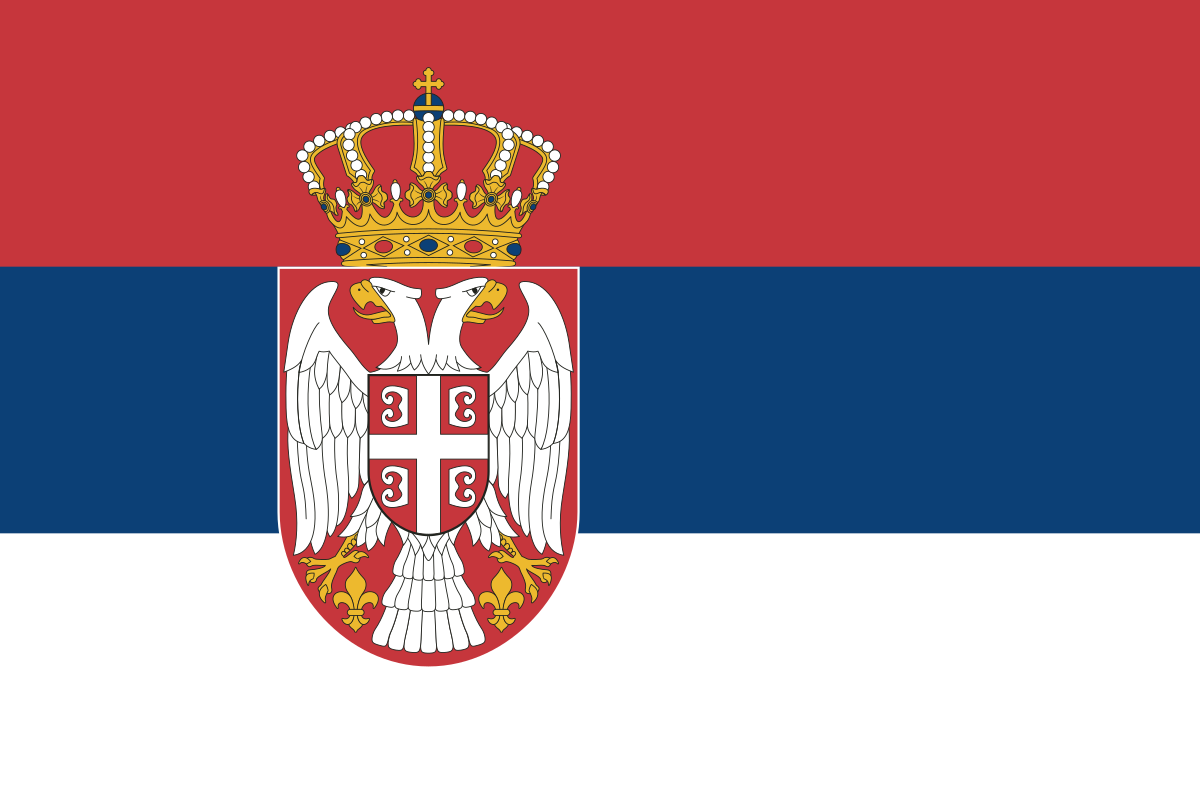The return of irregular migrants from EU countries is governed by a specific directive. The new EU Pact on Migration and Asylum includes proposed amendments to the legislative text.
In a resolution from December 2020, the European Parliament emphasized that procedures must protect the fundamental rights of migrants.
In April 2023, the Parliament adopted its position on the regulation for checking migrants at the borders and asylum procedures. The regulation outlines how EU countries decide which migrants should be denied asylum. MEPs will seek agreement with the EU Council on the amendments to the text.
Learn more about the EU’s policy towards migrants.
In 2022, entry was denied to 141,060 individuals in the EU. The main reasons for denial included the lack of a valid visa or residence permit (in 23% of cases) and the absence of justification for the purposes and conditions of stay (23%).
EU countries issued 422,400 return decisions for migrants in 2022. The migrants affected by these decisions were most commonly from Algeria, Morocco, and Pakistan.
However, the number of migrants who were actually returned is below 100,000.
Streamlined Decision-Making Procedures at the Borders
The new Pact on Migration and Asylum aims to simplify border procedures and expedite decision-making on certain asylum claims.
The streamlined procedure stipulates that claims will be processed within 12 weeks, followed by the return of rejected claims within another 12 weeks. This procedure will not apply to unaccompanied minors, children under 12, their families, and individuals with medical issues.
MEP Fabien Keller (Renew Europe, France), the author of the report on asylum procedures, stated: “As MEPs, we advocate for fair and effective asylum procedures, so that people can quickly obtain refugee status, while those who clearly do not have the right to it can receive a swift decision and be returned to a third country.”
Voluntary and Forced Returns
If a migrant cooperates voluntarily with the authorities after receiving a return decision, the return is classified as voluntary; otherwise, it is considered forced return.
In some voluntary returns, the country issuing the decision provides assistance to the affected person (through financial or logistical support).
According to Eurostat, nearly half (47%) of all migrant returns in 2022 were voluntary.
The European Parliament wants EU countries to invest in programs that assist voluntary returns, as voluntary returns are easier to organize, and the countries to which migrants return are more cooperative.
Among the main practical obstacles to the return process are identifying migrants and obtaining the necessary documents from authorities in non-EU countries.
Protecting Fundamental Rights
When MEPs voted on their position regarding the regulation on asylum procedures in April 2023, they insisted that member states establish independent monitoring mechanisms to ensure respect for the human rights of migrants.
The monitoring mechanisms should cover border reception, initial checks, decision-making on asylum claims, and the return of irregular migrants, as well as conditions in migrant centers.
MEP Birgit Sipel (S&D, Germany) stated after the vote: “The European Parliament can be particularly pleased with the significantly expanded mandate of the monitoring mechanism for fundamental rights, which now includes border monitoring. This decision is a clear signal from the Parliament that the EU must pay attention to human rights violations at our external borders and take a firm stance in support of the rule of law.”
Learn more about the policy towards migrants in Europe:
- Data and facts on migration and asylum in the EU (infographic);
- Why people migrate;
- Better management of the EU’s external borders;
- Improving the EU’s overall asylum system;
- Labor migration: legal pathways for work in the EU.
Additional Information
- Information on the progress of the update of the Return Directive (EN);
- Providing asylum: MEPs call for more solidarity among member states and more resources for countries at external borders (December 2020);
- Report on the protection of human rights and the EU’s migration policy (March 2021).




